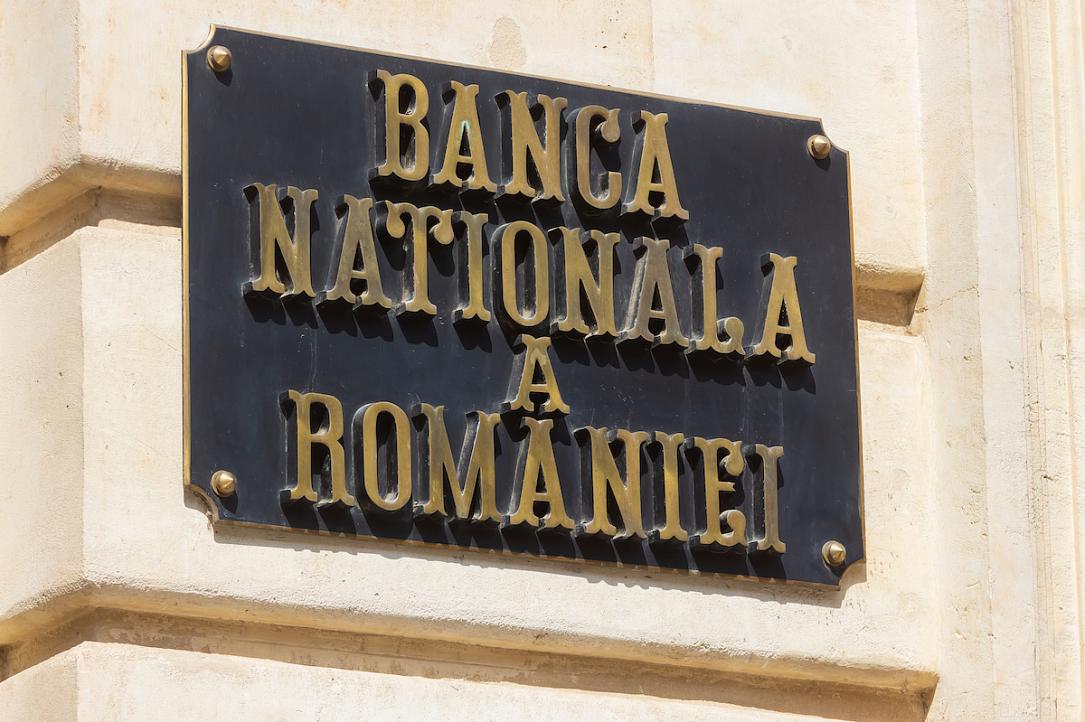Romania's central bank cuts monetary policy rate to help economy face Covid-19 crisis



Romania’s National Bank (BNR) decided, in an emergency meeting on Friday, March 20, to cut the monetary policy interest rate by 0.5 percentage points (pp) to 2.0%, and narrow the interest rates corridor from 1pp to 0.5pp - therefore lowering the Lombard interest rate by a full percentage point to 2.5%.
As a result of these two decisions, interest rates on loans (ROBOR) are expected to witness a significant downward adjustment, according to BNR.
The central bank also pledged to purchase leu-denominated government securities on the secondary market “with a view to consolidating structural liquidity in the banking system that should contribute to the smooth financing of the real economy and the public sector”.
These decisions are aimed at mitigating the impact of the situation generated by the coronavirus outbreak on households and Romanian companies. BNR will hold other meetings “whenever needed” and ponders cutting the required reserve ratio for local currency liability as the next instrument for addressing liquidity issues.
Analysts appreciate that the central bank’s measures will bring more liquidity to the market, but could have a negative impact on the exchange rate and lead to stronger depreciation of the Romanian currency (RON).
“The package, which is similar to more than 1pp of relaxation of monetary policy conditions, addresses the current market concerns and it is a big surprise that the BNR has renounced the exchange rate oriented approach,” said Ciprian Dascalu, chief economist of the country’s second biggest lender - BCR, according to Profit.ro.
But besides the lower interest rates prompted by the central bank’s dovish policy, inter alia creating favorable conditions for wider deficit financing, means, however, that the pressure to sell on the local currency will be stronger and easier to finance. Consequently, the local currency might no longer perform better than the other currencies in the region - as ING Romania was predicting before the BNR emergency meeting.
editor@romania-insider.com
(Photo source: Lcva/Dreamstime.com)